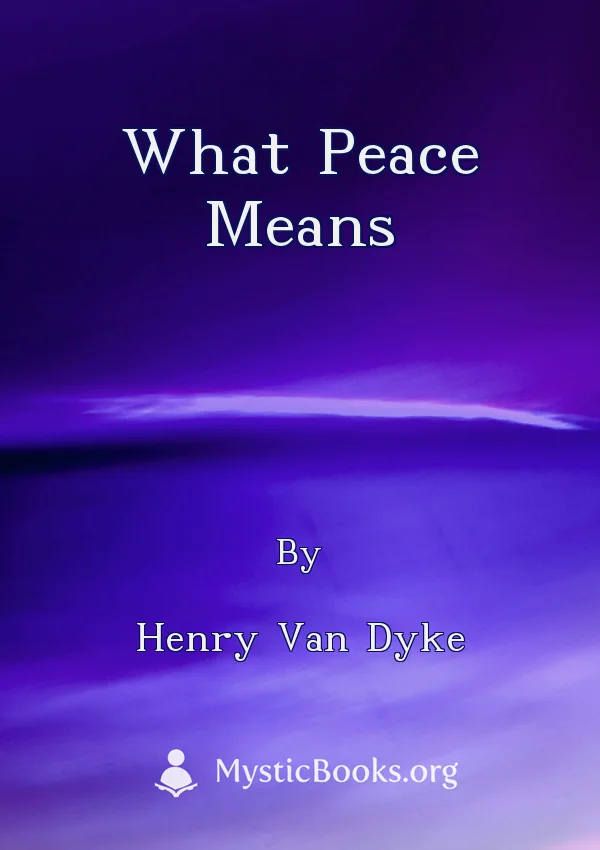
What Peace Means
'What Peace Means' Summary
'What Peace Means' presents a compelling exploration of the concept of peace as envisioned by Henry van Dyke, a prominent theologian and writer of the early 20th century. Composed of three sermons delivered in the immediate aftermath of World War I, the book reflects on the profound need for peace in a world scarred by conflict. Van Dyke delves into the multifaceted nature of peace, rejecting a superficial understanding of it as mere absence of war. Instead, he asserts that true peace encompasses social harmony, international cooperation, and moral righteousness. He argues that peace requires not only the cessation of hostilities but also the active pursuit of justice, forgiveness, and reconciliation. The sermons are infused with a deep sense of Christian faith, urging individuals and nations to embrace a higher ethical standard that transcends self-interest and embraces the common good. Van Dyke explains that the pursuit of peace demands a transformation of human hearts and minds, calling upon individuals to cultivate compassion, understanding, and a commitment to ethical principles. The book's enduring relevance lies in its profound articulation of the enduring need for peace and the multifaceted challenges in achieving it. Despite being written in the context of a specific historical moment, 'What Peace Means' offers timeless insights into the nature of peace and its importance in human affairs.Book Details
Language
EnglishOriginal Language
Published In
Genre/Category
Tags/Keywords
Authors
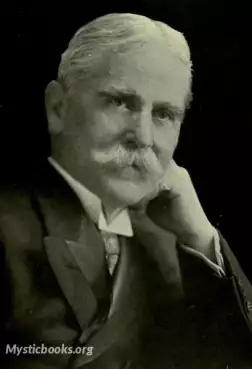
Henry Van Dyke
United States
Henry Jackson van Dyke Jr. was an American author, educator, diplomat, and clergyman. Van Dyke was born on November 10, 1852, in Germantown, Pennsylvania. The younger Henry van Dyke graduated from Po...
Books by Henry Van DykeDownload eBooks
Listen/Download Audiobook
- Select Speed
Related books
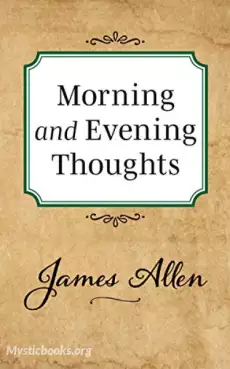
Morning and Evening Thoughts by James Allen
Morning and Evening Thoughts was published in 1909 and it provides a thought for each morning and evening of the day for a month.
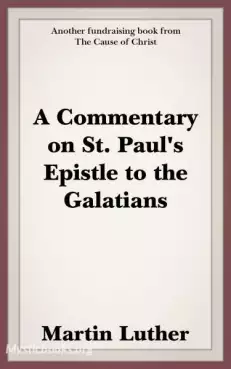
Commentary on St. Paul's Epistle to the Galatians by Martin Luther
Martin Luther strove to give a verse by verse exegesis of the Epistle to the Galatians in the work. The original work, written in Latin in around 1516...

Saint Évangile selon Saint Marc by Anonymous
Le Saint Évangile selon Saint Marc est un récit de la vie, des enseignements, de la mort et de la résurrection de Jésus-Christ, selon la perspective d...
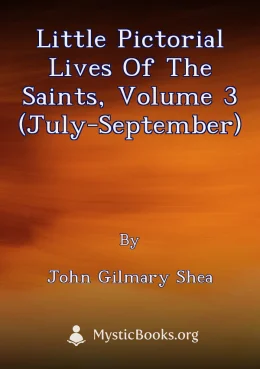
Little Pictorial Lives of the Saints, Volume 3 (July-September) by John Gilmary Shea
This book is a collection of short biographies of saints, arranged according to the liturgical calendar of the Catholic Church. The biographies are dr...

The Age of the Puritans Volume 2 by Various
This volume of The Age of the Puritans (late 16th century and 17th century) begins with Theodore Beza's 1575 catechism, brief and simple enough to be...

Prayer: Its Necessity, Its Power, Its Conditions by Ferreol Girardey
Redemptorist Father Ferreol Girardey's book, which bears an imprimatur, is a broad introductory treatise on the subject of prayer. He discusses the po...
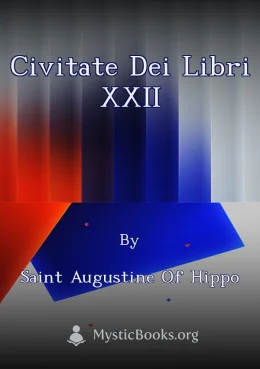
Civitate Dei Libri XXII by Saint Augustine of Hippo
The City of God, written by Saint Augustine of Hippo in the 5th century AD, is a seminal work of Christian philosophy that responds to the accusations...
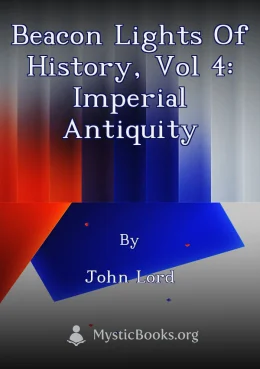
Beacon Lights of History, Vol 4: Imperial Antiquity by John Lord
“Beacon Lights of History, Vol 4: Imperial Antiquity” by John Lord delves into the lives and legacies of prominent figures from the Roman Empire. It e...
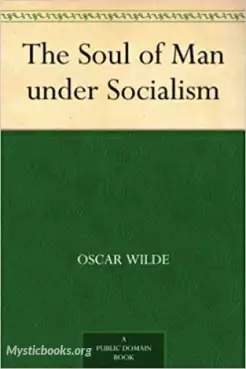
The Soul of Man by Oscar Wilde
The Soul of a Man is a 2003 documentary film, directed by Wim Wenders, as the second instalment of the documentary film series The Blues, produced by...

Satan by Lewis Sperry Chafer
This book examines the biblical account of Satan, his origins, motives, and methods. It explores the nature of evil and temptation, and emphasizes the...
Reviews for What Peace Means
No reviews posted or approved, yet...